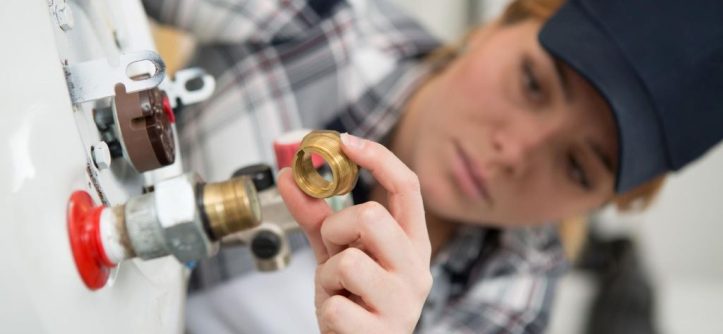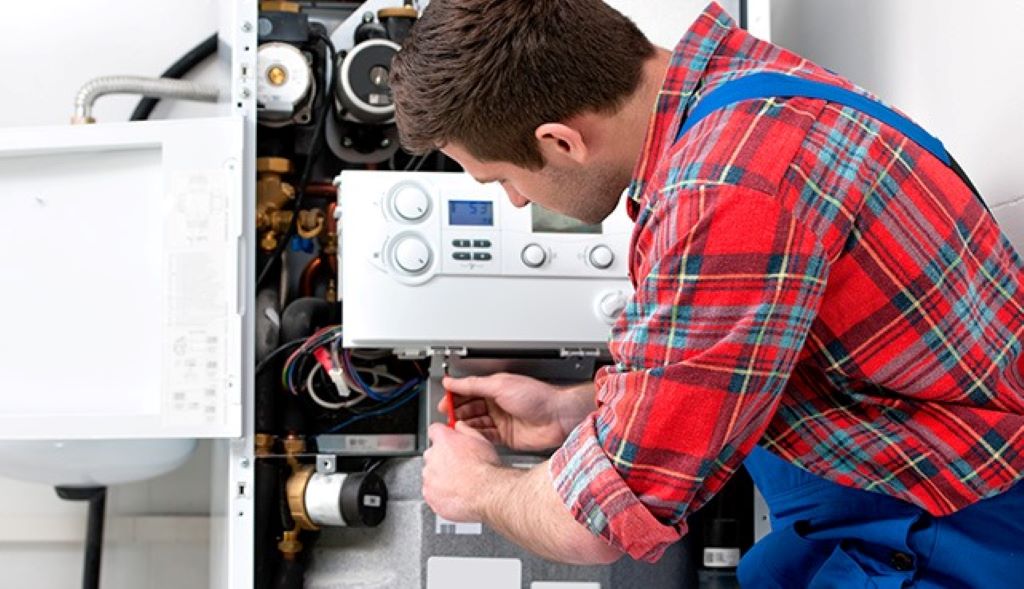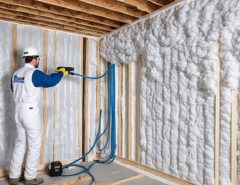Boiler issues can disrupt daily life, especially in Leeds’ chilly climate. From strange noises to no hot water, these problems demand quick attention. Spotting boiler troubles early and finding reliable fixes saves time, money, and stress. This guide educates you on common boiler woes, demonstrates practical steps to diagnose them, and fascinates with tips to keep your system running smoothly. Whether you’re a homeowner or renter, understanding your boiler ensures warmth and comfort. Let’s dive into spotting issues and securing dependable solutions today.
Identifying Common Boiler Problems in Leeds Homes
Boilers often fail unexpectedly, but certain signs indicate trouble. A leaking boiler, unusual noises like banging or whistling, or no hot water are common issues. Low pressure, shown on the boiler’s gauge, can also cause heating failures. According to a 2021 UK government study, 22% of households reported boiler breakdowns annually, with leaks and pressure issues topping the list.
Spotting these problems early prevents costly repairs. For example, a dripping pipe might seem minor but can signal a failing seal. Similarly, strange noises often point to air trapped in the system or limescale buildup. Leeds’ hard water exacerbates this, as calcium deposits clog pipes. Checking your boiler regularly for these signs helps you act fast, avoiding bigger issues down the line. If you notice anything unusual, don’t ignore it—address it promptly.
Why Leeds’ Climate Makes Boiler Maintenance Crucial
Leeds’ cold, damp winters put boilers under strain. Average temperatures drop to 3°C in January, increasing heating demands. A faulty boiler in these conditions leaves homes freezing and risks pipe damage. Regular maintenance ensures your system handles the load, especially during peak winter months.
Neglecting maintenance can lead to inefficiencies. For instance, my neighbor in Leeds ignored a noisy boiler, assuming it was normal. By winter, it failed, leaving her family without heat for days. Annual servicing, ideally before winter, prevents such scenarios. It involves checking pressure, cleaning components, and testing safety features. Scheduling this in autumn keeps your boiler reliable when Leeds’ weather turns harsh, ensuring consistent warmth and lower energy bills.
Step-by-Step Guide to Diagnosing Boiler Issues
Diagnosing boiler woes starts with simple checks. First, inspect the pressure gauge—ideal readings are between 1 and 1.5 bar. If low, top up the system using the filling loop, following your boiler’s manual. Next, listen for odd sounds like gurgling, which may indicate trapped air. Bleeding radiators often resolves this. If there’s no hot water, check the thermostat settings or pilot light.
However, some issues require professional help. A complete shutdown or persistent leaks signal serious problems like a broken pump. Don’t attempt complex repairs yourself, as mishandling gas appliances is dangerous. Instead, note symptoms and call a Gas Safe registered engineer. This methodical approach helps you identify what’s wrong and decide when to seek expert fixes, saving time and ensuring safety.
Common Boiler Problems and Quick Checks
- No heat or hot water: Check thermostat, pressure, or pilot light.
- Leaking pipes: Inspect for loose connections or corrosion.
- Strange noises: Bleed radiators or check for limescale.
- Low pressure: Top up using the filling loop.
- Radiators not heating: Ensure valves are open and bleed if needed.
Finding Reliable Boiler Repair Services in Leeds
Choosing a trustworthy repair service is vital. Look for Gas Safe registered engineers, as they’re legally qualified to work on gas boilers. Check reviews on platforms like Trustpilot for local firms with high ratings. Additionally, ask for quotes from multiple providers to compare costs and services. Avoid companies pressuring you into quick decisions.
A personal experience taught me this lesson. Last year, my boiler stopped mid-winter. I hastily hired a cheap service, only to face shoddy repairs. After switching to a Gas Safe engineer recommended locally, the issue was fixed properly. Reliable services offer transparent pricing, clear timelines, and warranties on work. Checking credentials and reviews ensures you find dependable fixes, keeping your home warm and safe.
Preventative Tips to Avoid Future Boiler Woes
Prevention is better than repair. Regular maintenance, like annual servicing, keeps your boiler efficient. Insulating pipes prevents freezing in Leeds’ cold snaps. Additionally, installing a magnetic filter reduces limescale buildup, common in hard water areas. According to a 2020 study by the Energy Saving Trust, regular servicing cuts breakdown risks by 15%.
Simple habits help too. Set your thermostat to 18–20°C to avoid overworking the system. Bleed radiators monthly to release trapped air. If you’re away, keep the boiler on low to prevent pipe freezing. These steps extend your boiler’s lifespan, reduce energy costs, and minimize unexpected breakdowns, ensuring comfort throughout Leeds’ chilly seasons.
Top 5 Preventative Maintenance Tips
- Schedule annual boiler servicing before winter.
- Insulate pipes to prevent freezing.
- Install a magnetic filter for limescale protection.
- Bleed radiators monthly to maintain efficiency.
- Keep thermostat settings moderate to reduce strain.
When to Consider Boiler Replacement
Sometimes, repairs aren’t enough. If your boiler is over 10 years old, frequent breakdowns or high energy bills suggest replacement. Modern condensing boilers are 90% efficient, compared to 70% for older models, per the Energy Saving Trust. Upgrading saves money long-term, especially with Leeds’ high heating demands.
Consider the cost-benefit. A new boiler costs £1,500–£3,000, but energy savings can recoup this in 5–7 years. Check for government grants, like the ECO4 scheme, to offset costs. If repairs exceed 50% of replacement costs, upgrading is wiser. Consult a professional to assess your boiler’s condition and explore energy-efficient options.
Fascinating Facts About Boiler Efficiency
Boiler efficiency impacts both your wallet and the environment. Modern boilers use condensing technology, recovering heat from exhaust gases. This boosts efficiency to 90%, reducing carbon emissions by up to 1.2 tonnes annually per household, per the Energy Saving Trust. In Leeds, where heating is essential, efficient boilers cut bills significantly.
Interestingly, smart thermostats enhance efficiency further. They adjust heating based on your routine, saving 10–12% on energy, according to a 2019 UK study. Installing one fascinated me when I saw my bills drop after upgrading. Exploring these technologies not only keeps your home warm but also aligns with eco-friendly living, making your boiler a sustainability hero.
Conclusion
Leeds boiler woes don’t have to ruin your comfort. By spotting problems early, like leaks or low pressure, and acting fast, you avoid costly breakdowns. Regular maintenance, reliable repair services, and timely replacements keep your system running smoothly. Leeds’ cold climate demands a dependable boiler, so prioritize prevention and professional help. Stay proactive, and your home will remain warm and cozy. Share your boiler tips or questions in the comments, or spread this guide to help others tackle their heating issues!
FAQs
Why is my boiler making strange noises?
Banging or gurgling often means trapped air or limescale. Bleed radiators or call a professional.
How often should I service my boiler?
Annually, ideally before winter, to ensure efficiency and prevent breakdowns.
What does low boiler pressure indicate?
It suggests a leak or air in the system. Check the gauge and top up if needed.
When should I replace my boiler?
If it’s over 10 years old, frequently breaks down, or repair costs are high, consider replacement.
How can I find a reliable boiler engineer in Leeds?
Look for Gas Safe registered engineers with good reviews and transparent pricing.
Read More:
How to Fix a Kitchen Faucet Leaking at the Handle






Leave a Reply